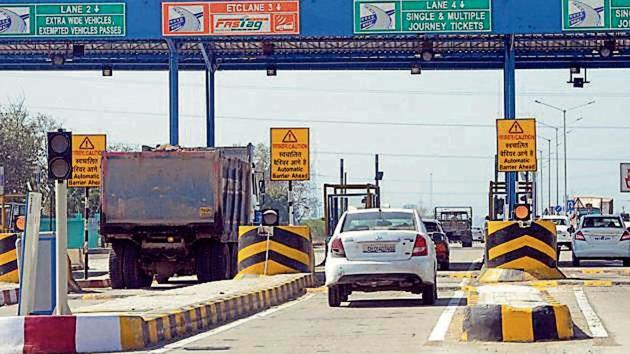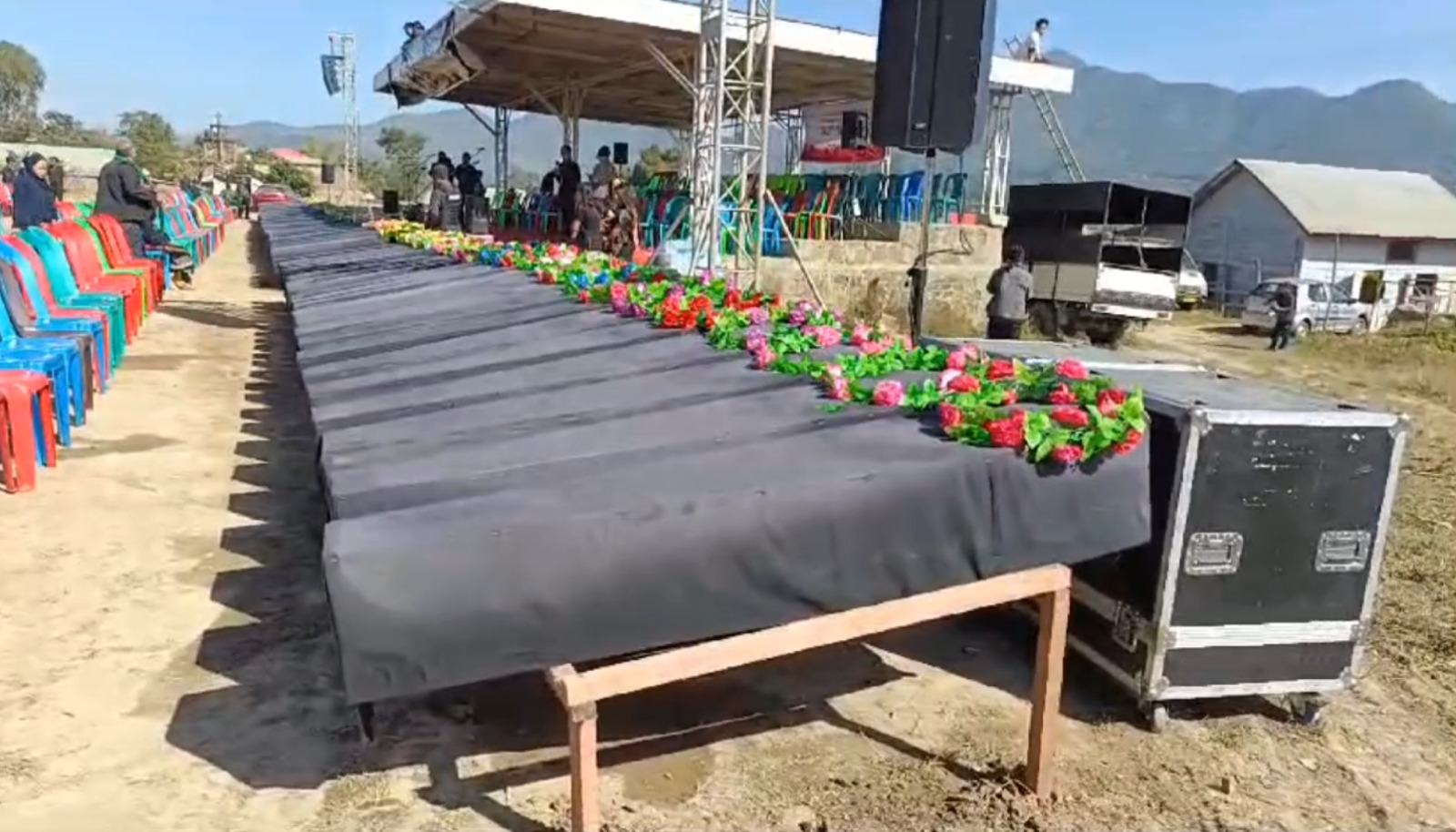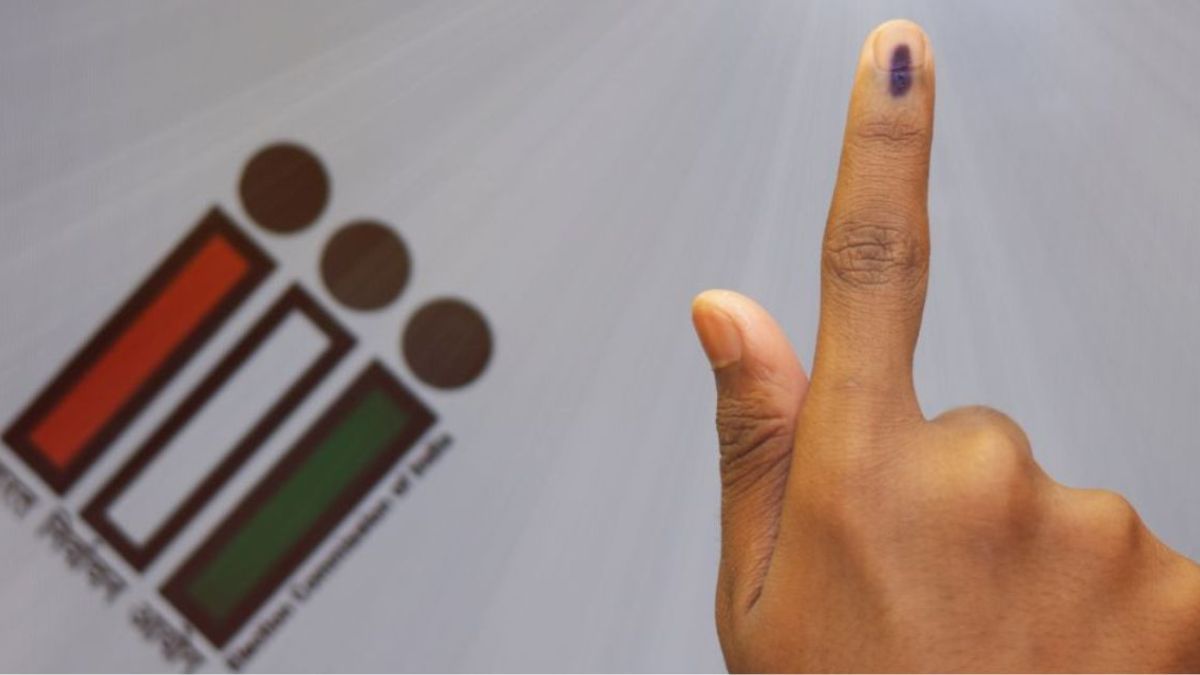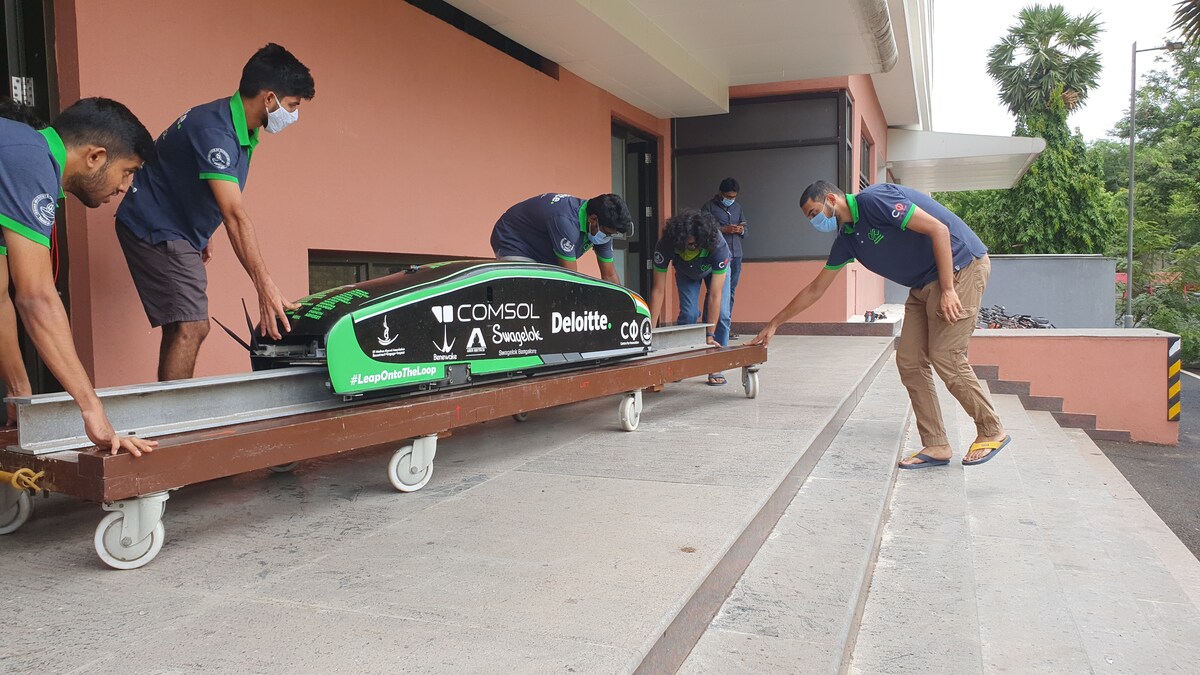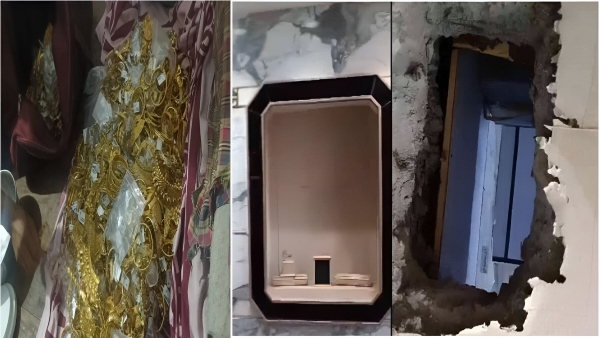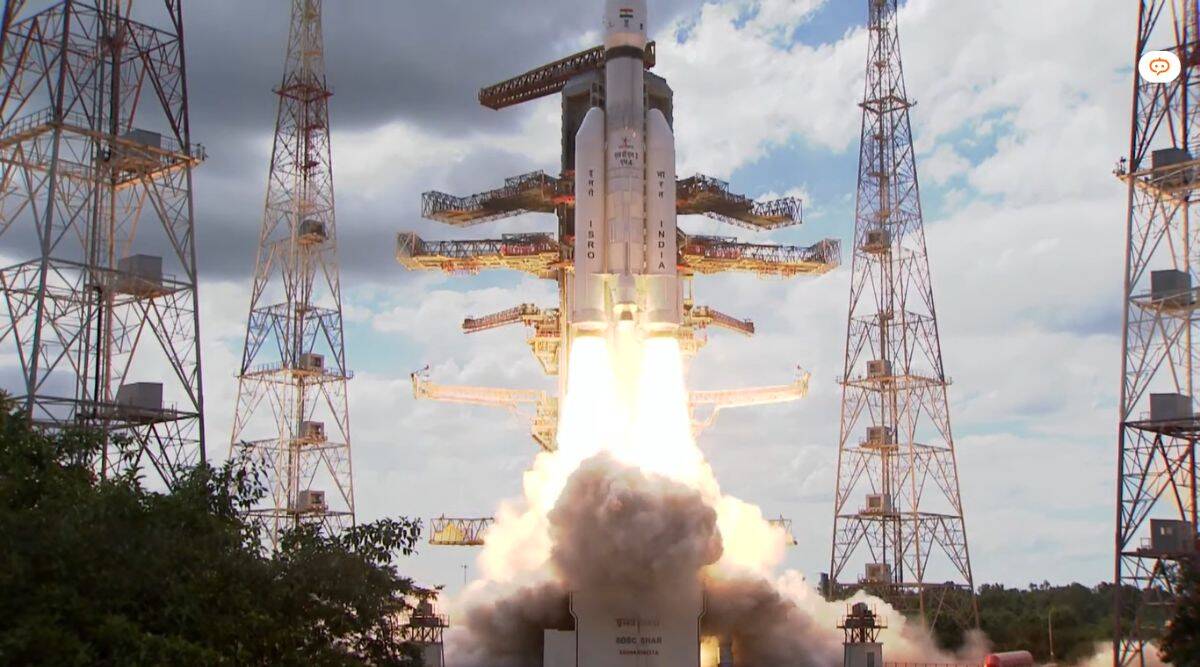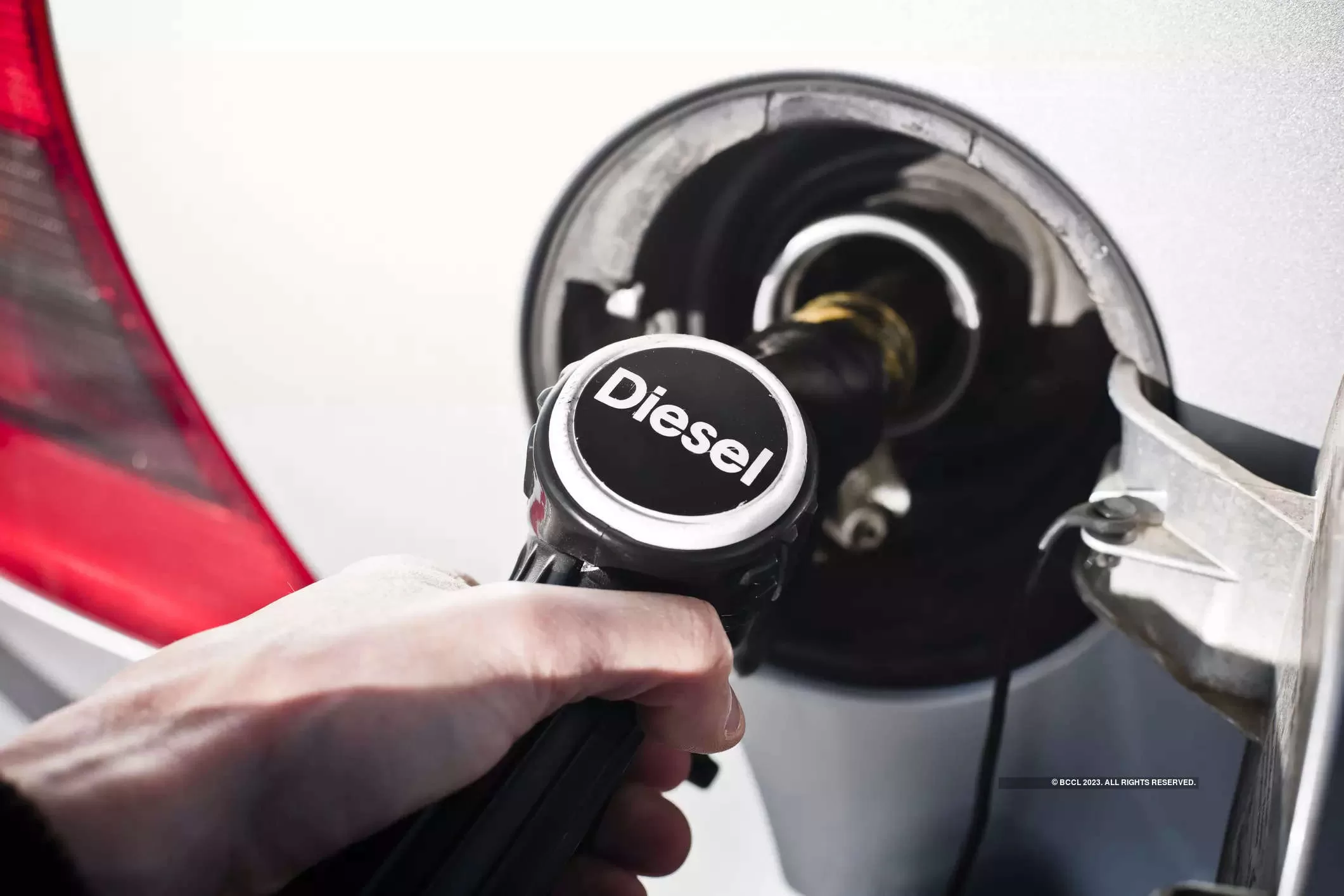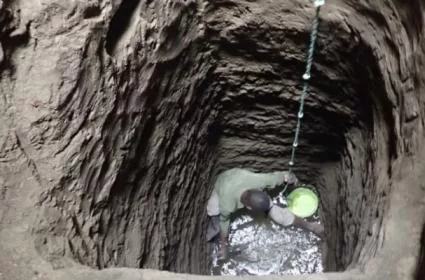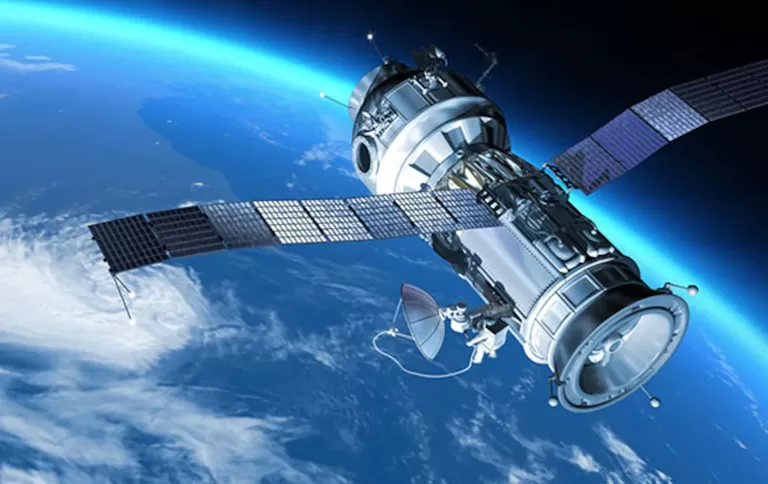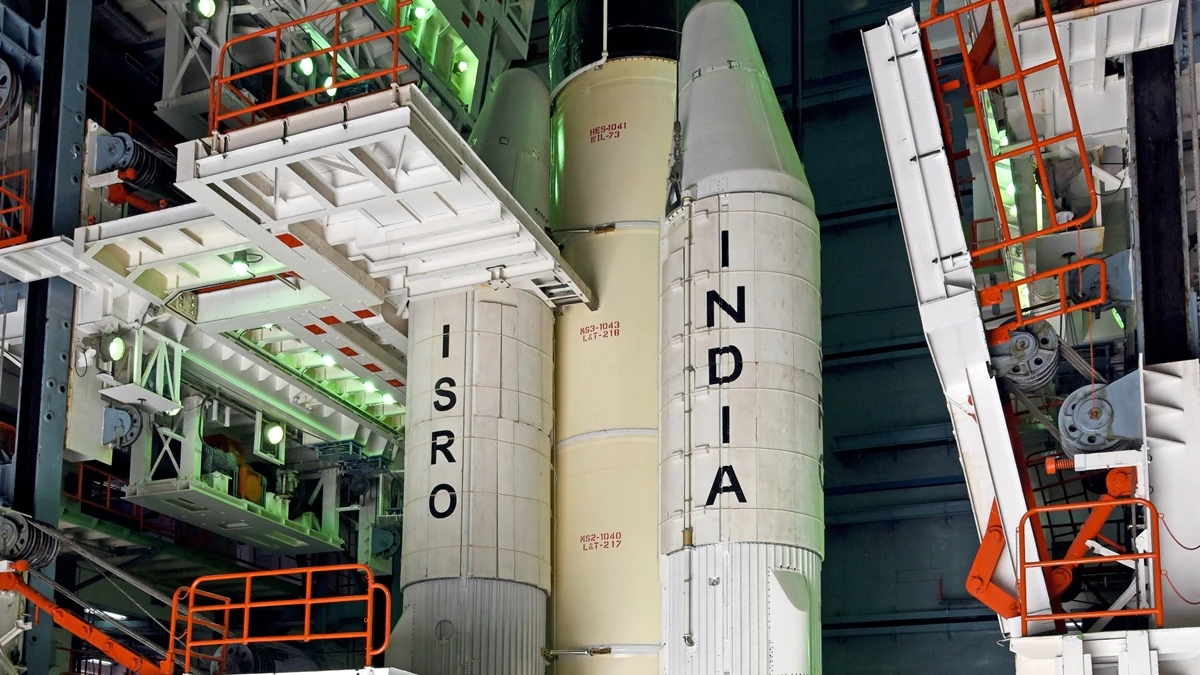
The deal is noteworthy because the minerals are essential to the country’s security and economic development. The Critical and Strategic Minerals Auction held its first round on Wednesday, with the goal of addressing any inadequacies in the supply chain for commodities including titanium, cobalt, and lithium.
Twenty blocks with a combined estimated value of ₹ 45,000 crore have been put up for sale, according to Union Minister of Mines Pralhad Joshi. A total of one hundred blocks have been selected for auction. Twenty of them are being auctioned off in the first tranche, and the remaining ones will be up for bid in due order, according to Mr. Joshi.
Composite licenses will be granted to sixteen of the twenty blocks, which are spread throughout the states of Uttar Pradesh, Gujarat, Jharkhand, Bihar, Odisha, Tamil Nadu, Chattisgarh, and Jammu & Kashmir. The remaining four blocks will be granted mining licences. Exploration is allowed via composite licences.
The bidder that bids the highest royalty rate percentage will be the one awarded the contract. On Wednesday, the tender documents will actually be sold, and Mr. Joshi encouraged interested parties to submit their bids.
The Mines and Minerals (Development and Regulation) Act was amended in August, designating a total of 24 minerals as Critical and Strategic minerals.
Also read: Jammu Kashmir Reservation Bill 2023, Jammu & Kashmir Reorganization Bill 2023.


The deal is noteworthy because the minerals are essential to the country’s security and economic development.
In order for India to achieve its 2030 target of obtaining 50% of its installed capacity for power from non-fossil sources, lithium and other minerals will be essential. Lithium is an essential component in lithium-ion batteries, which are the backbone of mobile communication and electric vehicles, which are heralded as the transportation of the future. Batteries, which are used to store solar energy for use in overcast weather, are another factor that will determine how widely solar power is adopted.
Additionally useful for storage is cobalt, and titanium is often used in the defense industry.
Officials say that limited availability of some minerals or a concentration of their extraction or processing in a few number of nations can lead to supply chain vulnerabilities. Future technologies will also require lithium, graphite, cobalt, titanium, and other rare earth metals.
Agriculture and pharmaceutics are two other significant industries that depend on these minerals.









































































